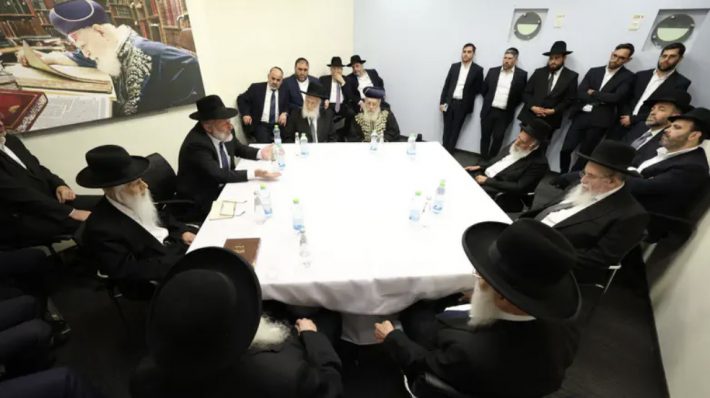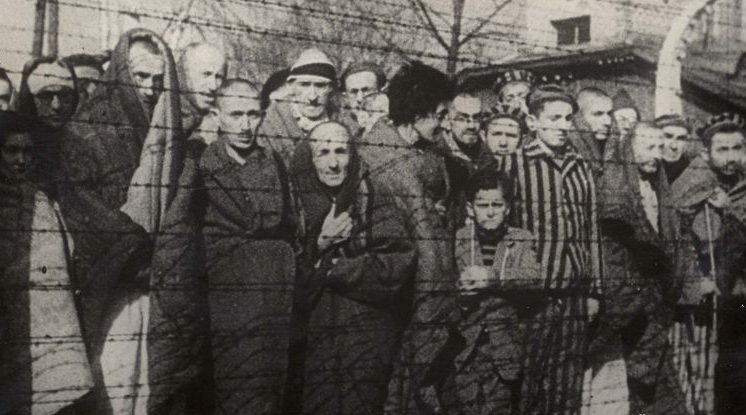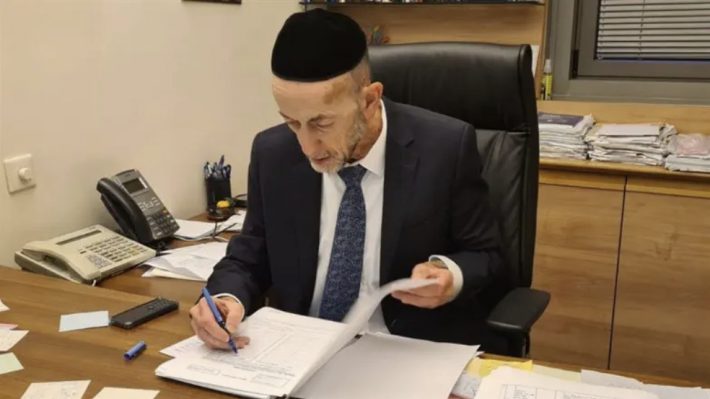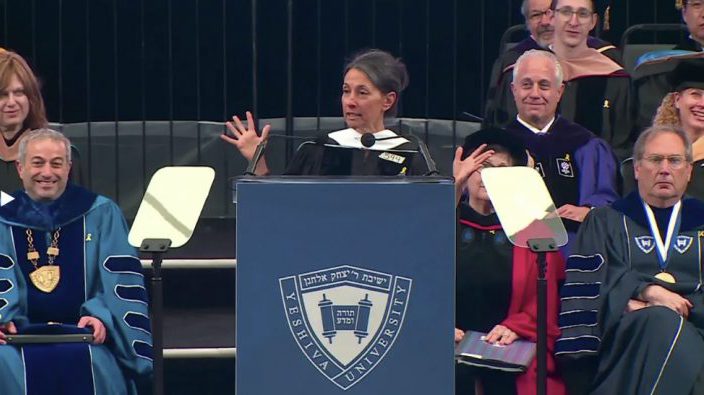In a dramatic but calculated move, Shas resigned from government roles while remaining in the coalition, signaling its firm stance on protecting Torah study and opposing state-imposed oversight.
In a bold and defiant stand, the Shas Party’s Council of Torah Sages announced on Wednesday that while its ministers will resign from the government, it will not abandon the ruling coalition — a move meant to both send a warning and preserve political leverage.
The decision reflects deep outrage over what Shas leaders describe as the ongoing “persecution” of Torah scholars under Israel’s controversial draft policies. “In the current situation, we can no longer be part of the government,” declared Religious Affairs Minister Michael Malkieli. “But we will not betray our coalition partners — and we certainly won’t empower the left.”
Shas MKs will abstain from backing any no-confidence motion, ensuring Prime Minister Netanyahu can continue advancing the draft exemption law — a cornerstone of ultra-Orthodox support for the coalition. Meanwhile, they have been ordered to retain their Knesset committee posts, preserving influence from within the parliamentary system.
Party insiders emphasized that this maneuver is intended to issue a clear and urgent message: yeshiva students and the integrity of Torah learning are not bargaining chips. The move follows an earlier walkout by United Torah Judaism (UTJ), which includes Degel Hatorah and Agudat Yisrael. UTJ members resigned entirely from government posts this week after a bitter standoff over enforcement mechanisms aimed at yeshiva attendance.
At the heart of the uproar is a proposal from Foreign Affairs and Defense Committee Chairman Yuli Edelstein, who insists on biometric tracking devices at yeshiva entrances to monitor daily attendance of students receiving draft deferments. His position? No oversight, no exemptions.
To Haredi leaders, this is nothing short of an assault on their autonomy and an unacceptable intrusion into the sanctity of religious study. “This is a red line,” one Shas official said. “Our yeshivot are not military outposts and will not be treated as such.”
Edelstein has invited alternative enforcement proposals but remains adamant on the need for some form of oversight — a stance Haredi lawmakers say reflects a broader disregard for the religious community’s values and traditions.
As tensions escalate, both sides dig in, with the future of the coalition hanging in the balance — and the fate of Israel’s draft law hanging by a thread.





